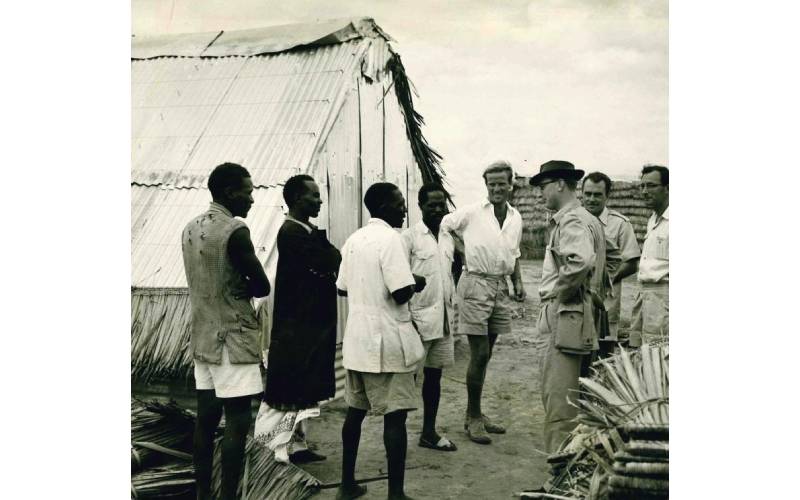×
The Standard e-Paper
Smart Minds Choose Us

The deaths in 1959 of eleven prisoners in Hola marked the end of colonial detention camps throughout Kenya.
Though the British tried to cover up for the deaths of Kabui Kaman, Ndungu Kibaki, Mwema Kinuthia, Kinyanjui Njoroge, Koroma Mburu, Karanja Munuthi, Ikeno Ikiro, Mwigwi Ndegwa, Kaman Karanja, Mungai Githi, and Ngugi Karitie, the 11 detainees at Hola Camp were tortured to death.